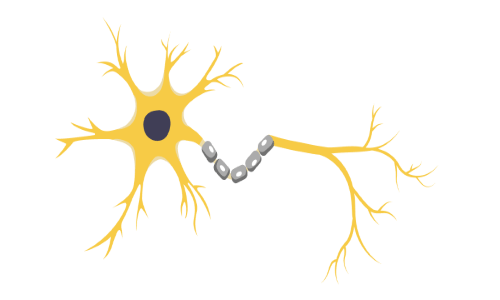
Self-Regulation Skills for Kids & Teens to Reduce Trauma, Anxiety, & More
Open to access this content

Open to access this content

Open to access this content

Open to access this content

Open to access this content

Open to access this content